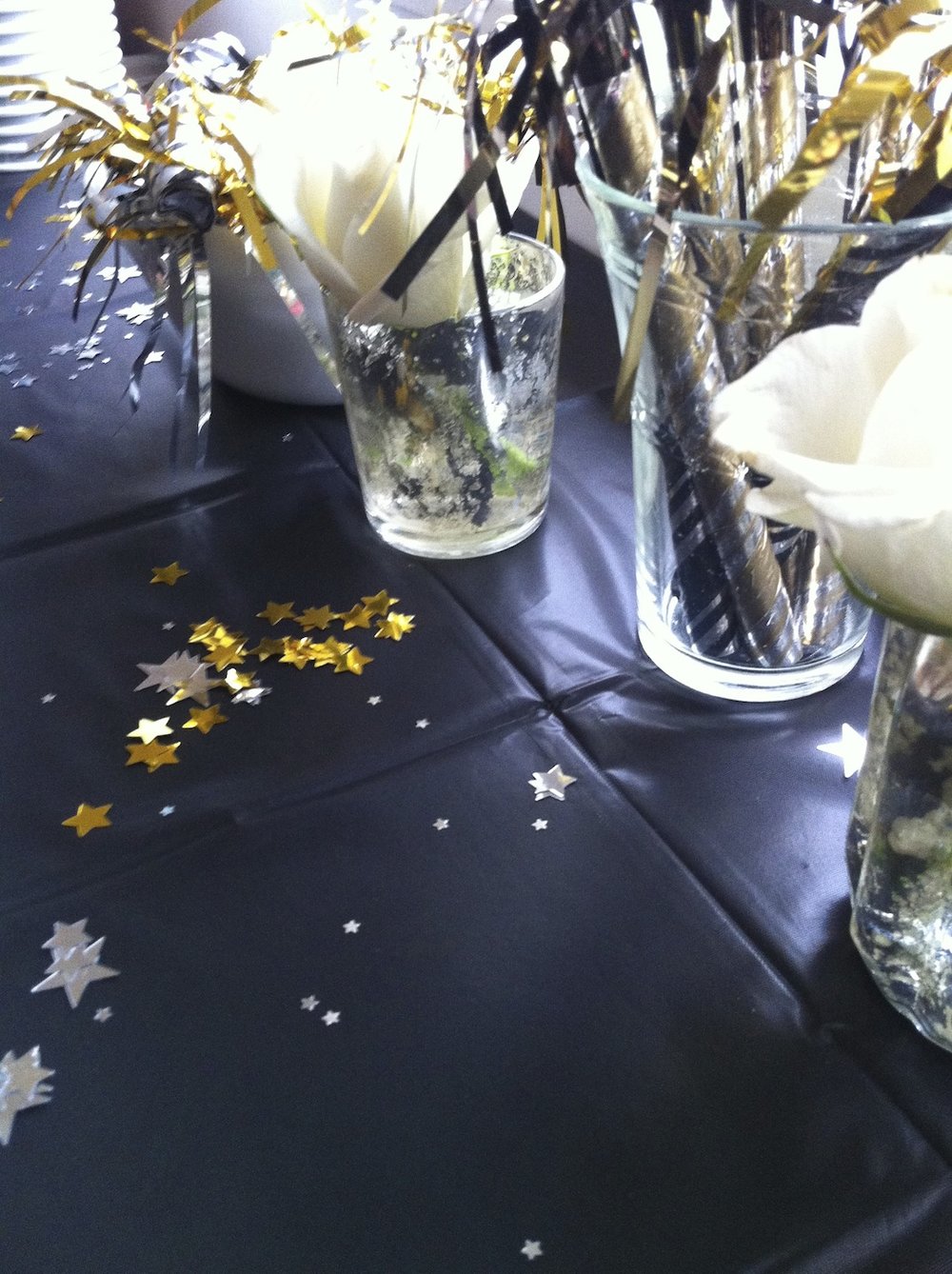The newness of the year brings excitement, possibilities, and the opportunity for a fresh start. In thinking ahead, it’s also valuable to reflect back on what we learned and what inspired us. During this past year, I gained new perspectives about change, letting go, balance and more from the “Ask the Expert” interviews and the wonderful conversations that ensued. I’m so grateful. In this first post of the year, I’ve selected my favorite takeaways from those exchanges.
Fresh Start – Sue West
“Our lives are a series of chapters. As you move to the next chapter, bring some of the past forward; don’t ignore it because you feel the need to ‘start over.’ Build on what you know such as your strengths, your interests, values and your tried and true ways to bolster yourself.”
– Sue West
Change – Judith Kolberg
“We do what we need to do when we’re ready, and sometimes to make a change it’s the wrong time, but you do it with your knees knocking.”
– Judith Kolberg
Next Steps – Laura Berman Fortgang
“It is often not obvious what is ‘next’. The key is to follow the crumbs. Even if it seems scattered and unfocused at the start, follow every lead and every whim until traction begins to occur or until your excitement in one area or another starts to build. Observe where things start falling into place and pursue that path. It’s taking you to your ‘next’ (or some variation thereof.)”
– Laura Berman Fortgang
Letting Go – Sheila Delson
“It’s about being more mindful of the choices we make and of the things that surround our environment and their meaning to our lives today. Just because it was meaningful once doesn’t always mean it has that same benefit today.”
– Sheila Delson
Clutter – Peter Walsh
“The first and most important step in decluttering is to ask yourself, ‘What is my vision for the life I’d like to live?’ ‘What does that life look like?’, ‘What does my home look like in that life?’ When you can clearly answer these questions you are in a position to start decluttering by looking at your stuff and asking, ‘Does this item move me closer to the life I want to be living?’ If it does, keep it. If not, what’s it doing in your home? It’s as simple and as complex as that. Start with the life you want, not the stuff you have!”
– Peter Walsh
Time Management – David Allen
“In order to feel comfortable with whatever you’re doing, you need to feel OK with what you’re not doing. So, not getting things done, for the most part, is a hallmark of optimal productivity! Of course, if your purpose on the planet is actually to complete, accomplish, and express, you’ll need to be getting those things done, in order to be at peace with yourself.”
– David Allen
Motivation – Leslie Josel
“Believing we have to ‘feel’ like doing something in order to actually do it can lead to not getting anything done. Sometimes if we simply just begin, we can become motivated as the task is in action.”
– Leslie Josel
Enlisting Help – April Lane Benson, Ph.D.
“People reach out for help when their behavior has either become unmanageable to themselves, or poses such a big issue for someone else that the other person insists on it.”
– April Lane Benson, Ph.D.
Success – Dorothy Breininger
“Failure is the KEY to success. Failure gives you the opportunity to review your mistakes, self correct, and develop a new strategy to make the project, relationship, or goal work. With failure, you get a complete ‘do over’ if you are just willing to look at it as a learning strategy for your own personalized success.”
– Dorothy Breininger
Possibility Thinking – Jane Pollak
“It’s obvious to everyone looking on what lights you up. But we rarely give ourselves permission to listen deeply to what we really want. Sharing your dreams and visions with one or more other like-minded souls is like putting Miracle-Gro on your garden. It will flourish. Having others reflect their belief in you back to you in a group is powerful.”
– Jane Pollak
Wonderfully Human – Howard Gardner
“Not to worry about what we can’t do, nor to worry about whether we are like others. Instead, pursue what you love, what you can get better at, share it with others, and they will reciprocate.”
– Howard Gardner
Life Balance – Dan Thurmon
“Life is fluid and ever changing, so we cannot attain ‘perfect balance.’ Balance should not be a goal but rather a skill. We ‘balance’ competing demands for time, energy, and action. We make decisions and adjustments to help improve our connection to what matters most in life.”
– Dan Thurmon
 With a new year comes a fresh start. What lessons or words of inspiration will carry you forward? Which ideas resonate with you?
With a new year comes a fresh start. What lessons or words of inspiration will carry you forward? Which ideas resonate with you?
My heartfelt thanks to all the “Ask the Expert” guests and blog community that took time this year to engage and share your thoughts with us. Let’s keep it going and continue our conversation.
 I’m laughing because of the irony of what I’m about to write. For many months, I’ve been saving a big piece of paper from one of my clients with one tiny sentence printed on it. I knew that the sentence would provide inspiration for a blog post at some point. And guess what? Today’s the day!
I’m laughing because of the irony of what I’m about to write. For many months, I’ve been saving a big piece of paper from one of my clients with one tiny sentence printed on it. I knew that the sentence would provide inspiration for a blog post at some point. And guess what? Today’s the day!


